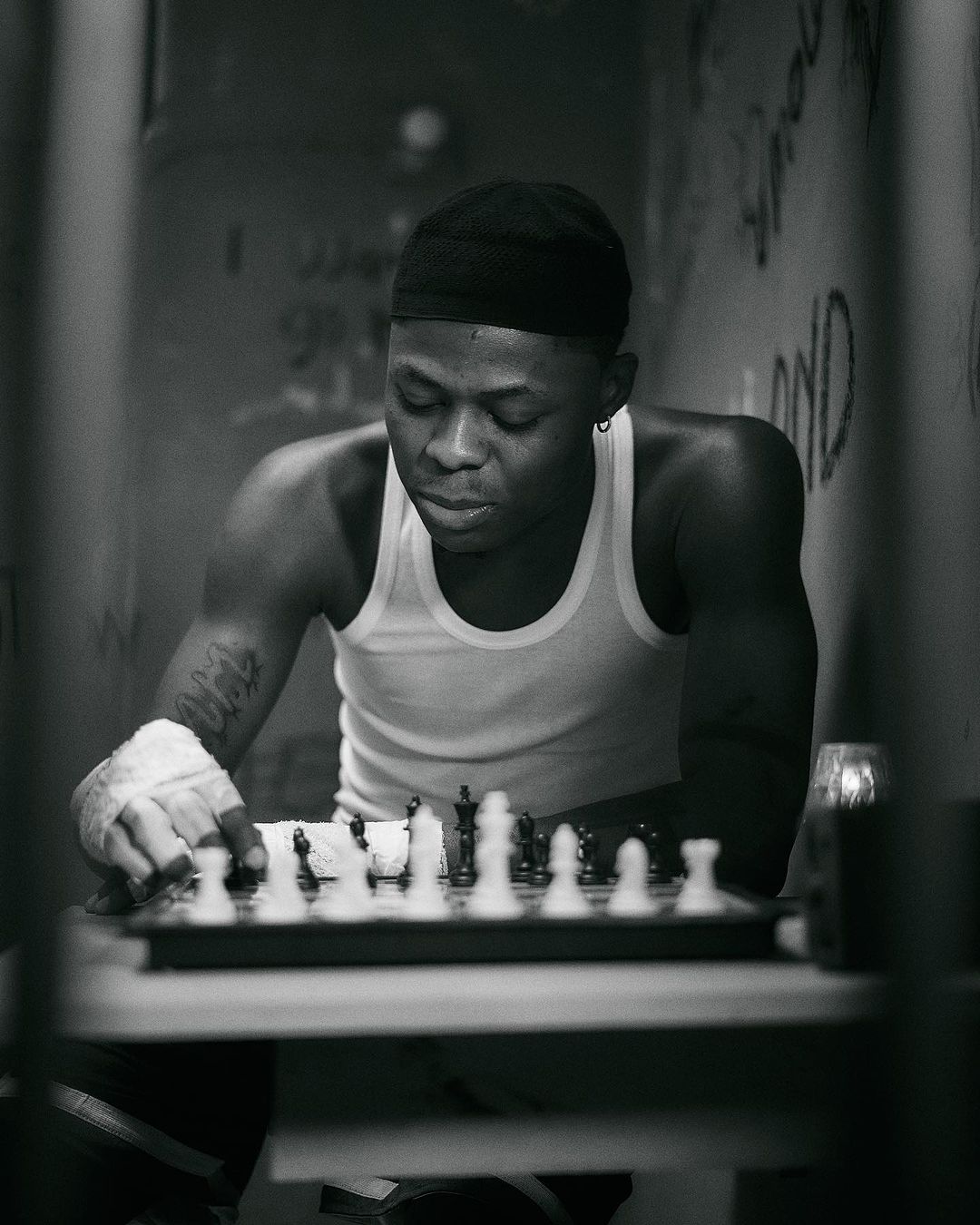Features
Mohbad: Beyond The Songs
By Ahmad Adedimeji Amobi and Nnebuifé Kwubeï.
In Avengers, Thanos says, “As long as there are those that remember what was, there will always be those that are unable to accept what can be.” We’ve been told to refrain from saying, they don’t deserve to die, because if they don’t, who then does? But there are some people who we can’t read death in their faces, whose faces are so distant from anything that could make us think of their transition to the afterlife. We are unable to accept what can be of them because of what they were before their transition.
Mohbad’s passing came as a shock. Not exactly as a shock, but as confusion because, despite death being no respecter of age, no one foresees death for any young person, let alone a talented one. I was on Twitter when I read the news and I scrolled through because I took it as a Twitter cruise. But I held back when I realised there’s cruise and there’s death; they don’t belong in the same context. It didn’t take long before my timeline became peopled with the news; Mohbad is gone.
It is a bitter pill to swallow because when you hear Mohbad, you picture a young resilient artist struggling to thrive after dealing with managerial issues from his previous record label. And he was thriving; he dropped an EP that’s very emotive, yet danceable. It makes more sense now, the EP, because the more you listen to it, the more you realise that every lyric teases and gives you a hint to expect what’s unexpected. “Ask about me/Ask about me/wonti lemi but won o mumi/omo olohun koni sumi.” Before his passing, these lines used to sound like an artist sharing his struggles like every other person. But when you dip it, you realise that when a struggle gets to the extent of you holding on to God for protection, it means you no longer have the power to straddle on. You commit everything into the hands of God and let events unfold.
But we didn’t know. We didn’t know because, most times, when we listen to a song, we distance the artist from the song. In a genre like Mohbad’s, which, while narrating his struggles, still gives groovy vibes, it can be hard to merge the artist with the song. As you listen to the song, instead of ruminating on the lyrics, you’re moving your head to the beat and, or, dancing.
In Beast & Peace, the opening song of his last project, Blessed, at 00:22, Mohbad makes a particular kind of “ah” after saying “Imole”. Every time I listen to the song now, I wish to ask him why he made that sound because it is the kind of sound you make when you know you’re reaching for something but you just can’t reach it, yet you won’t give up. Mohbad shared himself in his songs, we weren’t just paying attention.
I am like everyone else because if he were still around, I might still be listening to the songs and swinging my head to the gbedu. He’s gone now, but I am still finding it incredibly difficult to believe because when you go through his Instagram profile, save for the recent notes, you see the light he carried and expect to see more. Some things can’t be, but they can, when it’s time for them to be. So we’d hold on to his songs, his words, knowing fully well that he shared a bit of his immense talent with us before he left. And that, in a little way, is enough. Stephen Koffi said everyone needs to be careful of the three L’s – Love, Legacy and Life. Mohbad might have left, but we are left with the knowledge that he has/had a legacy, he was loved and he lived a meaningful life, however short.
—
Grief is interesting and uninteresting to write about. You know, from the perspective of the ‘cowardly’ omnipresent narrator. Not too close to altering one’s reality but close enough to narrate it with all the five senses available and the luxury of giving exotic names to the different feelings on display. It almost feels cowardly to talk about him in the past tense. When one begins to think about how much he revealed in his songs, it feels even more morbid.
“Wetin be this one?” is the first question I asked myself when I saw the news of his passing. Months earlier, I had started getting into his music and sound after I watched the visuals for “Ask About Me,” the hit record off his EP, Blessed. His beautiful baritone felt like it was beckoning to you from a place deep within you. It felt tangible. Alive. I wanted more and so I devoured his discography. Ovie Ofugara’s post confirmed the news of his passing, and that was to open the portal for what it felt like to be him. In days that followed, videos upon videos of him started circulating on the timeline. The calmness he exuded. The careful grace with which he moved around. That beautiful baritone was no auto-tune. It was his real voice.
“Make I show you where the light is…”
As a shining light, Imole was always in other artists’ DMs, telling them his favourite songs on their projects. More people have since come out to talk about his kindness even when the stakes didn’t require him to be. In an interview, he explained the reason for his choice of adding “Imole” to his stage moniker. He wanted to make people feel at ease when they hear “Mohbad” which, in his opinion, sounded sinister.
He wanted to make peace. The subject of searching for peace was evident in his songs. He has a song called “Peace.” He talked about his struggles in this song. He kept asking questions in it. There were so many questions that weren’t answered.
“Imolenization…”
In the official video for “Weekend”, there were different graphic images he painted and messages he passed. The image of him being assaulted and waking up after the assault with his beating heart in his hands, the one of him rejecting a lit blunt and saying no more. He dropped the beating heart, broke the mirror that had his ‘other’ self, and at the end, his seated frame on the piano lit up. It looked like he was getting into a new chapter. Imolenization.
We can only hope that he’s finally at peace. The peace that he strived so hard to give.





















